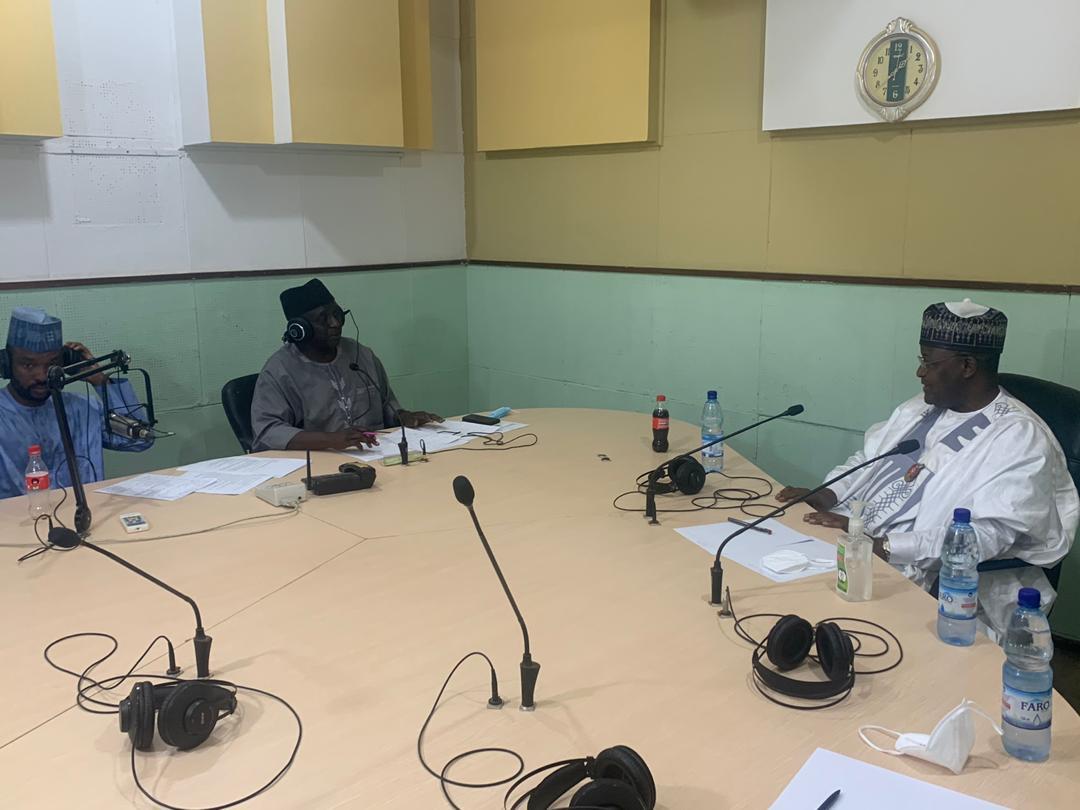By Sonny Aragba-Akpore
With unbelievably poor infrastructure and critical disengagement of access to the internet and other telecommunications services,building a digital economy may be herculian.
Less than 50% of Nigeria,s population has access to adequate telecommunications infrastructure as internet connectivity is a nightmare fue to poor network infrastructure and the crippling regulatory experience that add to the crisis to achieving a true digital economy.
US economist and statistician,Thomas Mesenbourg lists , three components that distinguish the digital economy from the regular economy:
Infrastructure is one of them.
He said businesses have software, hardware and other technological resource, that ride on specialist human talent.
On E-business he explained how Computer applications, online tools and digital platforms help carry out business processes while
E-commerce requires a familiar concept, for the sales of goods and services .
“The digital economy is set to carry more weight in the future, as the “Internet of Things”, artificial intelligence (AI), virtual reality, blockchain, self-driving cars, and other technology develop offering Some advantages including
Consumers have more access to information — not just from manufacturers and firms, but also from other consumers in fora and reviews — to make decisions about goods and services.
Proximity is now a way of life where Direct customer service channels enable customers to resolve queries and issues with a manufacturer or services provided more quickly.
With goods and services available and show global presence,consumers anytime and anywhere, companies can enter more markets.
There is adequate security now online through digital technology, like strong authentication of online payments, this
makes transactions more secured and robust.
President Muhammadu Buhari initiated the National Digital Economy Policy and Strategy, (NDEPS) in November 2019 primarily to reposition the Nigerian economy in order to take advantage of the many opportunities that digital technology provides.
The policy, among others,provides the direction on major activities that the ICT industry must embark upon towards consolidating on achievements already recorded in the industry and highlighting new areas that should be focused on, in order for the country to achieve a truly digital economy for the country.
It was developed to diversify the Nigerian economy from over dependence on oil and gas sector.
The National Digital Economy Policy and Strategy (2020-2030), seeks to fast-track digital development and empower Nigerians with the right technology skills that will enable them develop technology solutions that will drive digital transformation across the country, the Nigerian Communications Commission, the telecom industry regulator, has initiated the development of ICT Parks in each of the six geopolitical zones, and the Commission is in the process completing the technology parks. When completed, it will boost youth digital skills acquisition, promote innovations, provide jobs for the teaming Nigerian youth and ultimately support the overall digital economy agenda of the federal government.
Beautiful policy it is but the idea of ICT parks especially in the face of poor telecommunications infrastructure is misplaced and at best seen as conduits to boost personal economies of state actors as there is no verifiable evidence of what the parks have achieved.
The ICT parks will suffer the same fate like the Rural Telephony Program and the more scandalous Infrastructure Telecommunications Companies (Infracos) for which Isa Pantami ( former Minister) and Umar Danbatta ( erstwhile executive vice chairman of NCC) are yet to tell the full stories.
The several proposed data Centres including the one allegedly sited in Gombe derived their funding from the Infracos funds .At best,they could be described as prestige projects that have no impact on the people including their initiators.Pantami and Danbatta may provide answers some day.
Danbatta had boasted about the four main objectives of establishing the ICT Parks which are “to provide Innovation Labs and Digital Fabrication Laboratories (Fablabs) for use by ICT innovators and entrepreneurs to turn their ideas into products and prototypes; provide a Commercial Hub for ICT capacity building and digital skills; create employment and entrepreneurial activities; and facilitate smart city deployment across the digital industrial complex.”
The ICT Parks,Danbatta, said involves the construction and equipping of fully-functional Tier-4 Digital Industrial Complex (DIC) in each of the six geo-political zones across the country.
Where are they?
In general terms ,digital economy is transforming age-old production sectors for instance.
And while all these are now possible in developed economies where research has engaged development,third world countries including Nigeria are still thinking of what to do and perhaps how to do it.
Just the other day,Communications,Innovation and Digital Economy Minister,Bosun Tijani released a working paper that is full of what he thinks is possible in the near future.
The Minister anticipates a reduction in the gap of
unconnected Nigerians in rural areas by less than 20% by the end of 2024.
On the artificial intelligence arrangement,the Minister said
Artificial Intelligence (AI)will usher in a new era of technological and economic transformation over the next two decades saying as an emerging economy,” it is imperative that we formulate a far-reaching national strategy to harness the potential of AI in an inclusive and responsible manner. “
“To that effect we are taking a unique approach to provide the expertise and perspectives needed to craft a forward-looking strategy. The implementation of the strategy amongst other things is expected to elevate Nigeria as a top 10 location for AI model training and talents globally. In addition, we will position Nigeria as a global leader in accelerating inclusivity in AI dataset”.
The Minister thinks that
“With the goal of supporting the diversification of the Nigerian economy, we will collaborate with other ministries and parastatals including private sector stakeholders to drive opportunities for startups to facilitate the application of technology for enhanced productivity in critical sectors across the country. We will back programmes focused on AgriTech, HealthTech, EdTech, MediaTech, CleanTech, CreTech, among others.”
The Minister,s startup agenda is predicated on the Nigeria Startup Act (NSA)that was signed into law in 2022 to support the growth of Nigeria’s startup ecosystem and drive the development of startups and tech-related talents. We will prioritise the implementation of the Act in collaboration with the relevant agencies of government and the organized private sector operations.
On digital literacy, the Minister explained:
“As an important component of our blueprint, we are committed to making substantial strides toward this goal over the next four years. Our plan is to achieve 70% of this target by 2027, thus representing a major milestone in our path towards an inclusive and digitally empowered nation. This agenda will adopt a multifaceted approach, including a robust educational programme, improved digital infrastructure and universal access to digital resources. This goal will not only foster the growth of our citizens, but create the bedrock for a thriving economy.”
He said that the National Policy on Telecommunications, which was revised in 2000, is to account for changes in technology, standards and markets, and define the trajectory of the next phase of one of Nigeria’s fastest growing sectors.
And as telecommunications continues to evolve in line with new technology and associated opportunities, it is critical to revamp our national approach to account for changing imperatives and to situate broadband development at the core of our national policy for the next 20 years,he explained.
Core issues such as spectrum management, convergence, universal access, broadband penetration, net neutrality and Quality of Service (QoS) have morphed significantly from when the last policy was issued. Similarly, the drive towards a digital economy requires deepening of access to telephony and broadband services for the underserved and unserved. The Ministry will drive the review of the Telecoms Policy to account for these core issues.
The Minister eyes digital literacy saying
“ We have plans to train three million Nigerians in technical skills within the coming years, with a collaborative effort between my ministry and state governments to ensure the success of this initiative.”
“The plan is that by 2030, 95%of Nigerians should be digitally literate. Digital literacy doesn’t mean that you become a technical talent, but it gives you the foundation to be able to choose that you also want to participate in the digital economy.”
These are part of digital agenda initiatives of government to boost the digital economy.We can only for their realizations.








